From Biodiversity to Beauty: The Potential of Land Snail Mucus in Cosmetics
JAKARTA, RAKYAT NEWS – The Indonesiam National Research and Innovation Agency (BRIN) is spearheading efforts to enhance Indonesia’s domestic cosmetic industry by conducting bioprospecting research on land snail mucus, a promising biological resource for cosmetic products.
“Continuous research is essential to maximize the utilization of Indonesia’s biological resources,” said Pamungkas Rizki Ferdian, a researcher at BRIN’s Applied Zoology Research Center, in Jakarta.
He elaborated that bioprospecting involves searching for biological resources—whether animal, plant, or microorganism—for commercial purposes.
This initiative is deemed crucial for supporting the economy, particularly in the cosmetics sector, which is witnessing a global surge in demand for natural ingredient-based products.
He noted that commercially available land snail mucus contains various active compounds, including allantoin, glycolic acid, and natural antibacterial agents, which offer significant benefits for skin health and beauty.
“Cosmetic products derived from land snail mucus, such as facial masks, serums, and moisturizers, have already been produced in several countries, including South Korea, and have received positive market responses,” he stated.
Despite the potential, he pointed out that research on land snails remains limited in Indonesia, even though the country boasts extraordinary biodiversity, including snails that could become valuable commodities.
Certain species, such as Hemiplecta humphreysiana and Amphydromus palaceus found in the Menoreh Mountains of Yogyakarta, show significant potential for further development.
“The mucus of H. humphreysiana has been identified to contain 32 compounds from two solvents (methanol and dichloromethane), with 19 suspected and 13 confirmed compounds,” he added.
He emphasized the importance of utilizing biological resources sustainably, cautioning that exploiting natural resources without sustainable practices could lead to species extinction and ecosystem damage.
He stressed the need for Indonesia to develop technologies that enable the breeding and production of active compounds from land snails without jeopardizing wild populations. (Uki Ruknuddin)



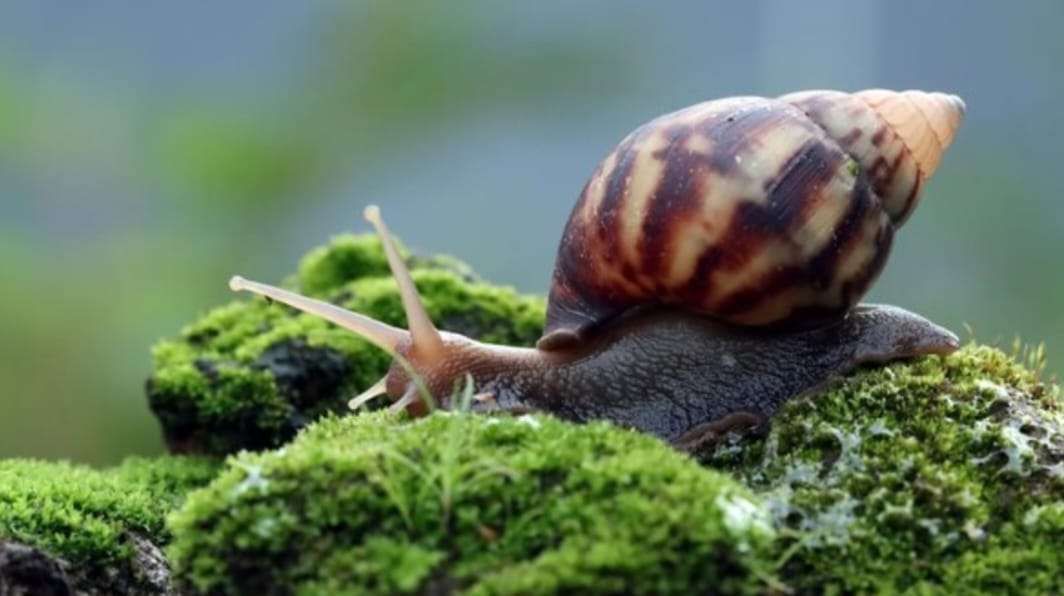





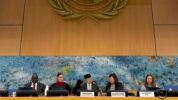
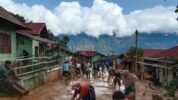






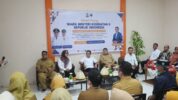

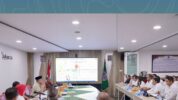
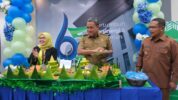
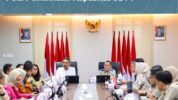
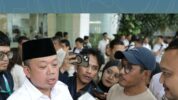

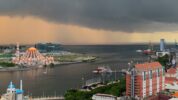
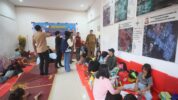
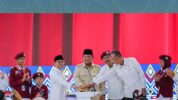
Tinggalkan Balasan